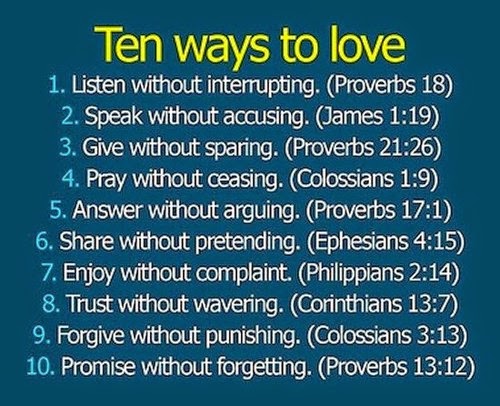Q. My
wife is upset by my drinking even though I control it very carefully. I usually
have two or three beers every night. On weekends I drink more when out with
friends. Alcohol relieves the tensions of the day and makes me feel relaxed and
happy. I don’t see any harm in the drinking I do. What do you think?
A. Many
people who think they are controlling their drinking are actually controlled by
drinking. A life arranged around a daily ritual of drinking is
not normal and can be harmful. Alcohol is a tricky drug and it is a drug. A
little of it relaxes; more is stimulating, even more anesthetizes and a heavy
dose can be fatal.
Beer
drinkers often convince themselves that beer is harmless. However, a can of beer
equals one shot of bourbon. A twelve pack of beer equals 12 ounces of hard
liquor. A twelve pack is equal to almost half of a fifth of whiskey.
Alcohol
is a depressant. A daily drinker often struggles against an alcohol induced
depression. If the drinker has been following this pattern since he began
drinking in high school he may have learned no other way to experience
pleasure. His moods have always been controlled by drinking.
Daily
drinking of even two ounces of whiskey or two beers can depress you, can affect
your relationships and can dull your ability to feel pleasure. Can you feel
good without drinking? What will you lose if you stop drinking?
Daily
drinking also has an insidious affect on health. There are strong links between
drinking and hypertension, liver disease and brain damage. A true social
drinker doesn’t drink on an empty stomach, doesn’t drink alone, doesn’t drink
to deal with inner pain or a bad day, or to put himself to sleep. A true social
drinker drinks no more than three drinks at one time and no more than three
times a week.
To no
longer be controlled by drinking you must first recognize that you are
“addicted” to your routine of having a daily “dose” of alcohol. Stop drinking
for six months to a year before attempting to drink occasionally. If you’re not
addicted then doing without alcohol should be a cinch. If you have trouble
doing without it then you are a habit alcoholic. You are controlled by
drinking. Alcoholics Anonymous can help you to stop drinking.
How to control your moods
In
addition to AA do the following to learn to control your moods without drinking:
1. Begin an aerobic exercise program. This will
give you a natural high from the chemicals released in your brain by exercise. If
possible, exercise at the time you would normally drink.
2. Listen to music that relaxes you and lifts
your mood.
3. Watch TV programs that are fun, enjoyable and
relaxing. Cut out the programs that make you anxious, depressed or angry.
4. Think positively about yourself. Give
yourself pats on the back even for small accomplishments. Be honest about your
shortcomings but stop putting your self down.
5. Find pleasure in your relationships. Seek
counseling if there are problems there.
6. Deal with inner pain from your past. Counseling
may be needed to do this. AA Twelve Steps can also help.
7. Find a group that is supportive and caring. This
may be an AA group, a church small group or an interest group.
8. Ask
God for help you with this and with other issues in your life. He can help you
a whole lot more than a few beers.
Don’t be drunk with wine because that
will ruin you life. Instead let the Holy Spirit fill and control you.” Ephesians 5:18 NLT
“A person without self-control is as
defenseless as a city with broken walls.” Proverbs 25:28 NLT
Blessings, Dottie






